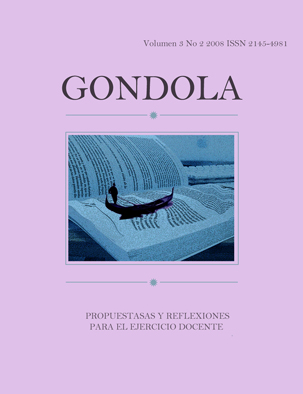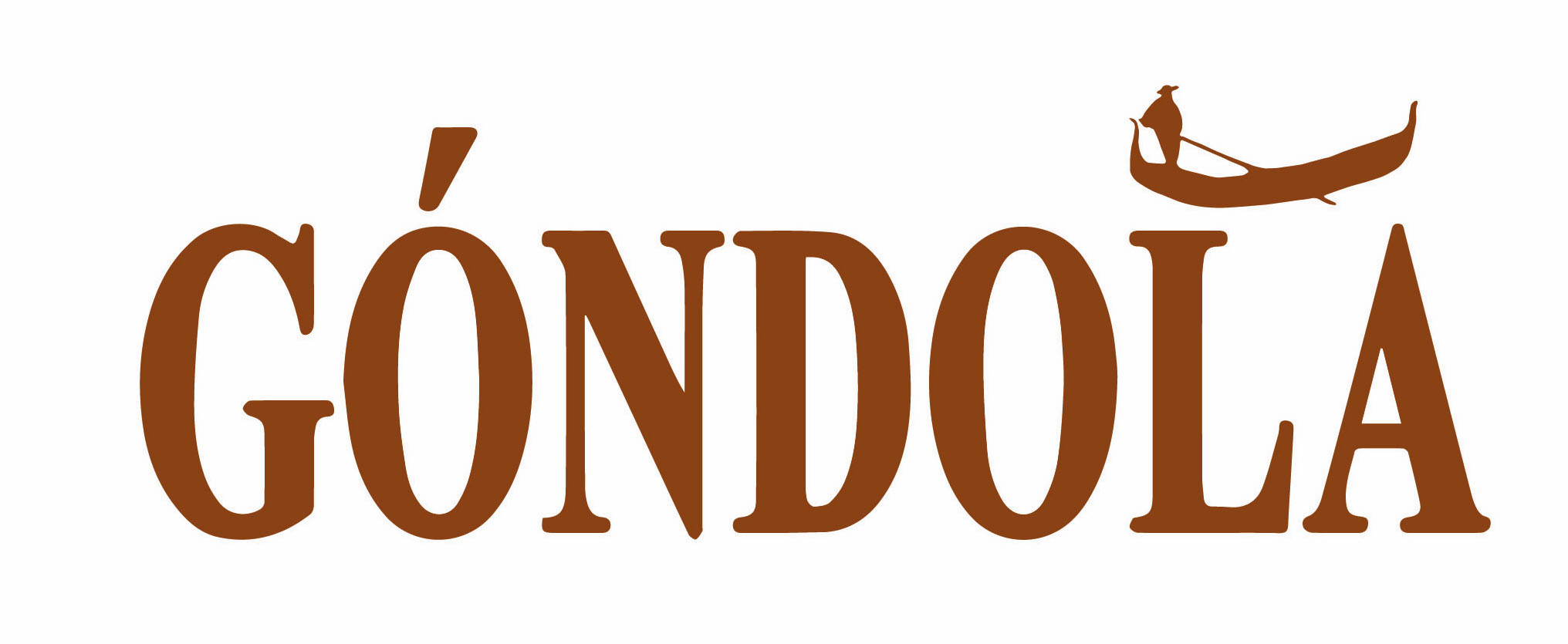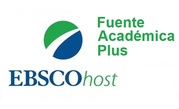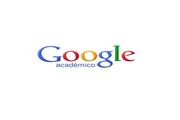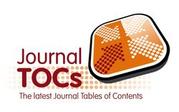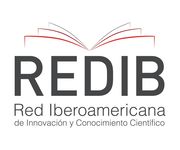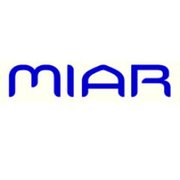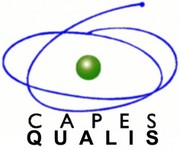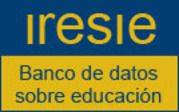DOI:
https://doi.org/10.14483/23464712.5280Published:
2008-07-01Procesos del pensamiento en la didáctica de la física
Processes of thought in the didactics of physics
Keywords:
Didactics, mathematization, abstraction, technology (en).Keywords:
didáctica, matematización, abstracción, tecnología. (es).Downloads
Abstract (es)
En este artículo hacemos una aproximación a la definición de la didáctica de la física desde una perspectiva que analiza los contenidos y procesos de pensamiento inmersos en el sujeto que aprende. La didáctica de la física es una ciencia que estudia para qué, cómo y por qué se enseña la física, a partir de estudios sobre la relación física matemática, la construcción del conocimiento y la relación física, sociedad y tecnología. Los desarrollos que se dan en cuanto a cada aspecto facilitan la comprensión de la naturaleza en función de la abstracción y la matematización.
Abstract (en)
In this article we make an approximation to the definition of didactics of physics from a perspective that analyses contents and thought processes immersed in apprentices. Didactics of physics is a science that studies why, how and for what is taught physics, from studies on relationship between physics and mathematics, knowledge construction, and relationships between physics, society and technology. The developments that occur in each aspect facilitate comprehension of nature in terms of abstraction and mathematization.
References
FEYNMAN., Richard. “¿Qué es la ciencia?” Physics Teacher. Sep. 1969
FELDMAN, Daniel. Ayudar a enseñar. Universidad autónoma de Madrid 1999.Editorial. Aique.
How to Cite
APA
ACM
ACS
ABNT
Chicago
Harvard
IEEE
MLA
Turabian
Vancouver
Download Citation
License
Gondola, Ens Aprend Cienc. is an open-access publication, free of charge for authors and readers. The publication, consultation or download of the contents of the magazine does not generate any cost for the authors or the readers, since the Francisco José de Caldas District University assumes the expenses related to edition, management and publication. The peer evaluators do not receive any economic retribution for their valuable contribution. The work of all the actors mentioned above is understood as a contribution to the strengthening and growth of the research community in the field of Science Education.
As of December 1, 2018 the contents of the journal are published under the terms of the Creative Commons License Attribution-Noncommercial- ShareAlike 4.0 International (CC-BY-NC-SA 4.0), under which others may distribute, remix, retouch, and create from the work in a non-commercial way, give credit and license their new creations under the same conditions.
The copyright holders are the authors and the journal Gondola, Ens Aprend Cienc. The holders retain all rights without restrictions, respecting the terms of the license in terms of consultation, downloading and distribution of the material.
When the work or any of its elements is in the public domain according to the applicable law in force, this situation will not be affected by the license.
Likewise, we encourage authors to deposit their contributions in other institutional and thematic repositories, with the certainty that culture and knowledge is a good of all and for all.

